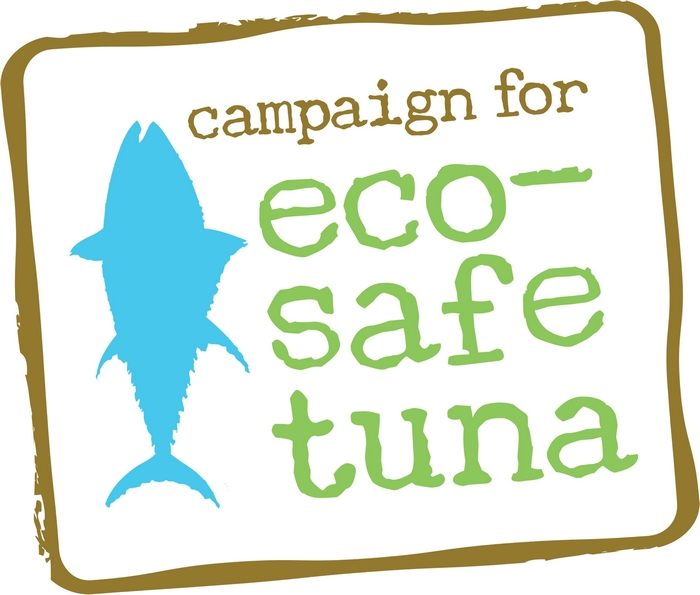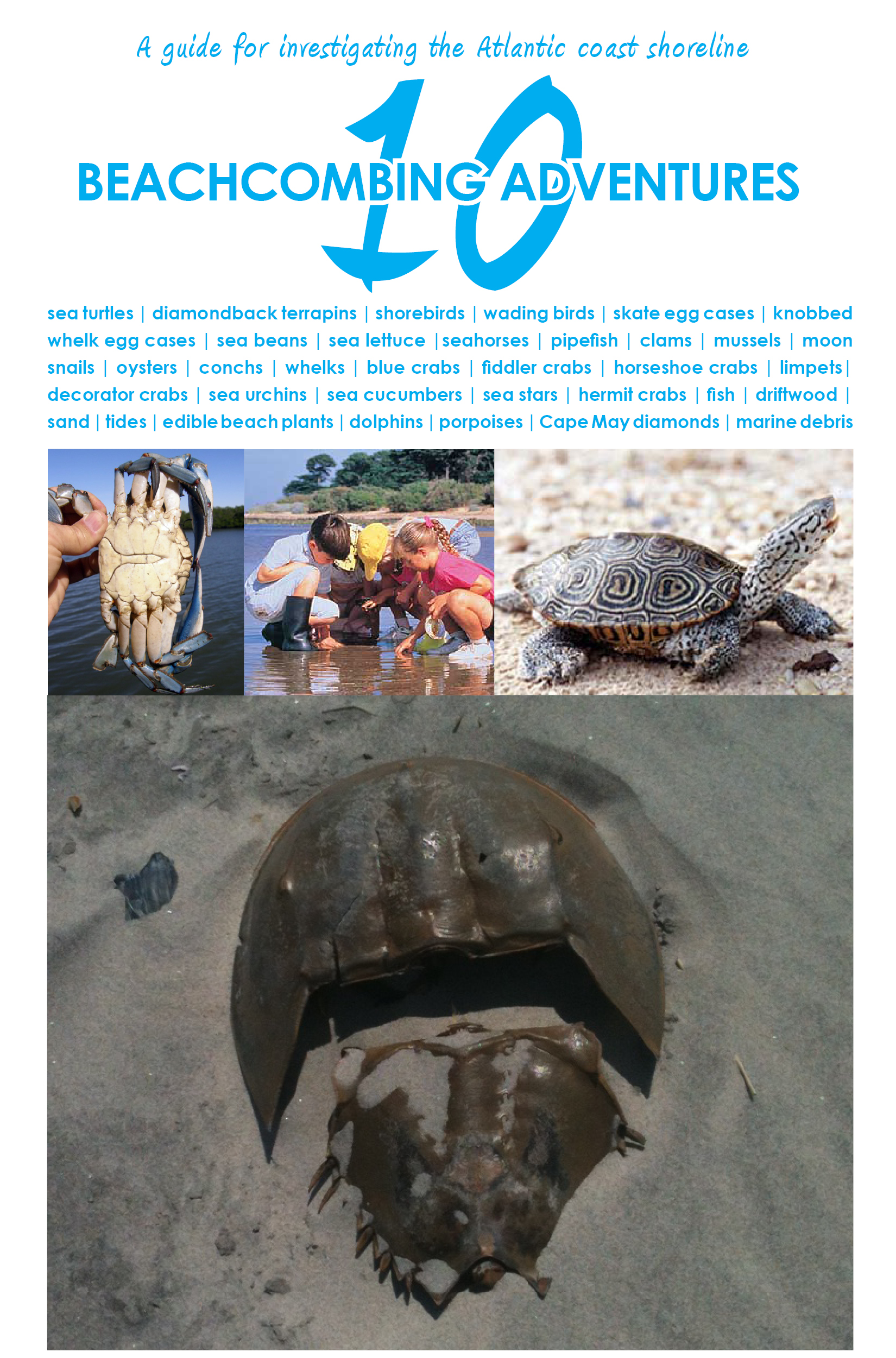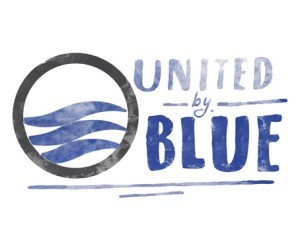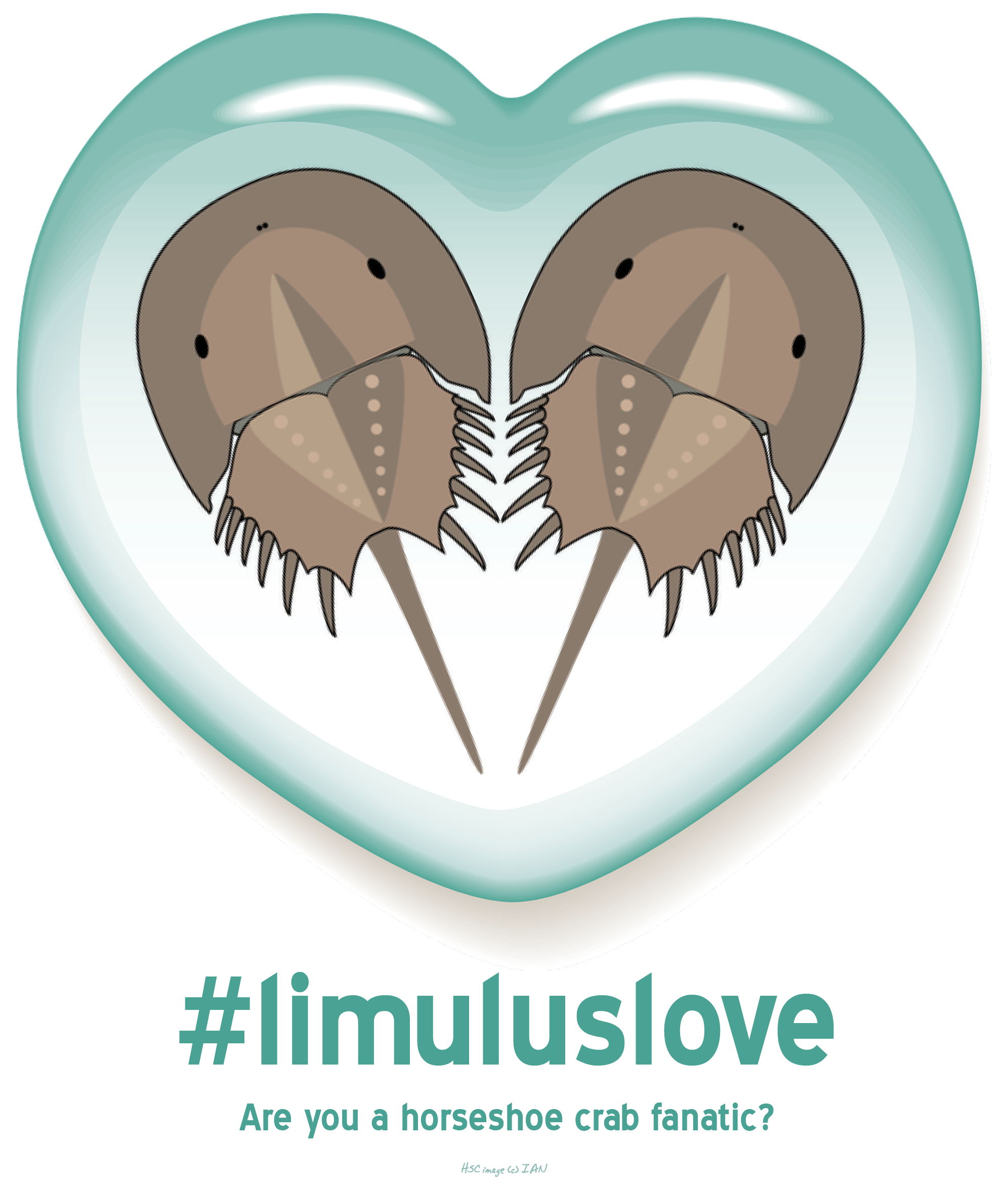It may not come as a surprise, but a lot of my friends and family consider George Costanza as the most famous marine biologist they know. Long before Seinfeld, Jacques Cousteau, the world’s most well known deep sea explorer, made studying marine science seem fun  and not as intimidating as people once thought.
and not as intimidating as people once thought.
So here are some reasons why Jacques Cousteau continues to be an inspiration and a legend in the field:
Cousteau co-developed the aqua lung in 1943.
Cousteau co-created the Cousteau Society, dedicated to protecting ocean life, in 1973.
Cousteau’s television show, “The Undersea World of Jacques Cousteau,” was narrated by Cousteau himself and Rod Sterling.
Cousteau received the Presidential Medal of Honor from Ronald Regan in 1985.
Cousteau received the United Nations International Environmental Prize, with Peter Scott, in 1975.
Cousteau was honored by John Denver in the 1975 song titled, Calypso. Calypso was his boat’s name.
image (c) yarnela.com











What people are saying …